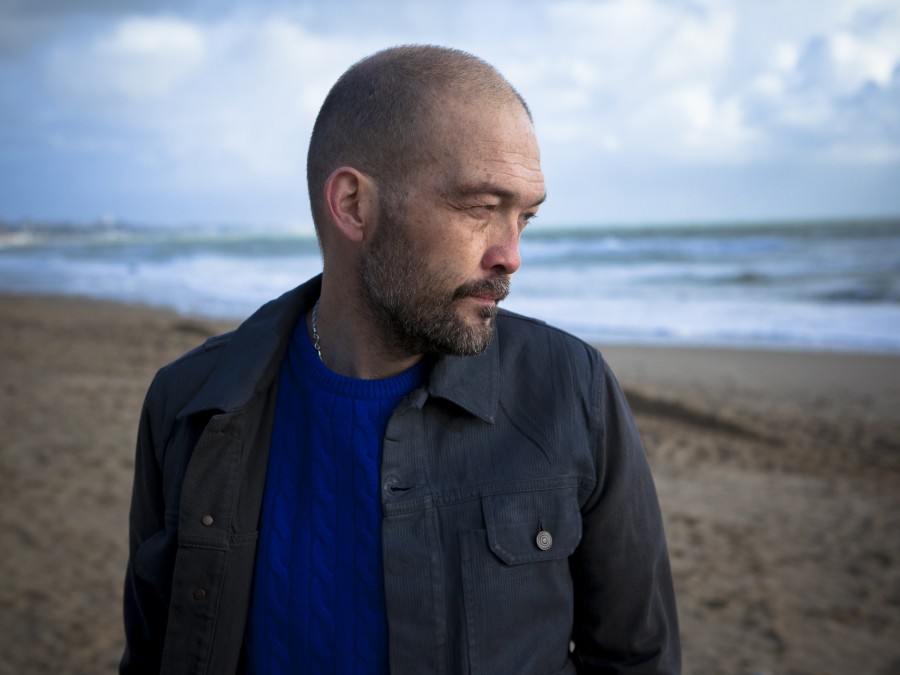The stranger on the bus, the woman who gives you your change at the corner store; every human loves and hurts and finds a way to navigate through life’s confusions. But most people don’t share their inner lives with many others. It’s a special gift when an artist tells the stories of plain people in an ordinary voice, leaving in the stops and starts, the seeming banality, and the unadorned insight that each of us experiences when things hit hard, or when the days and nights just go on.
Ben Watt is a master of detail and of quietude. In the longstanding duo Everything But The Girl, he and his partner Tracey Thorn developed a sound that ranged widely, showing traces of samba, torch songs, West Coast jazz, cosmopolitan country and, eventually, electronic music, while remaining whisperingly relatable. Watt and Thorn, though still married, put EBTG in the closet in 2000; she developed a solo career while he focused on writing (he’s just published his second book), DJ work and running a record label. Now, with his first solo album in 31 years, Watt has returned to highly cultured, intimate songcraft. Those unnoticed confessions of private life were still there for him to mine.
Hendra‘s 10 songs are patient, even reticent creatures. They focus on the ruling subjects of midlife: the loss of loved ones, the ongoing confrontation with the fact that you are the sum of long-ago choices and circumstances, and the idea that fewer changes lie before you than behind. Many are internal monologues: a man describing the details of his mourning to his departed wife; another admitting that club life is a bit much for him now that he’s past 49. Others show Watt engaging with bigger subjects, like gun control. But even then, he focuses on the wreath a victim’s mother throws into the ocean, or a memorial spray-painted on a trailer door.
To frame these tales, with their startlingly powerful small denouements, Watt enlisted guitarist Bernard Butler, whose riffs and spare solos turn them into dialogues. Watt’s keyboard or acoustic guitar forms the music’s base, along with a restrained rhythm section, and his unassuming vocals guide the action. Butler lights a fire under all this modesty. In “The Levels,” Pink Floyd guitarist David Gilmour adds an extra element of the sublime.
Sometimes, the hesitant soul on Hendra is Watt’s own. “Matthew Arnold’s Field” seems at first like a tribute to the great English tradition of open-air poetry. Halfway through Watt’s detailed account of the green hills above Oxford, it becomes clear that he’s carrying the ashes of a loved one as he walks a trail; it’s his father, who died last year. Other songwriters might have quoted the poet in the song’s title to get at the profundity of this experience. Instead, Watt describes seeing a nearby couple eating sandwiches in a parked car nearby. That’s life — awkward sometimes, but also beautiful.
9(MDAxNzk1MDc4MDEyMTU0NTY4ODBlNmE3Yw001))
Playlist
Ben Watt, 'Hendra'



